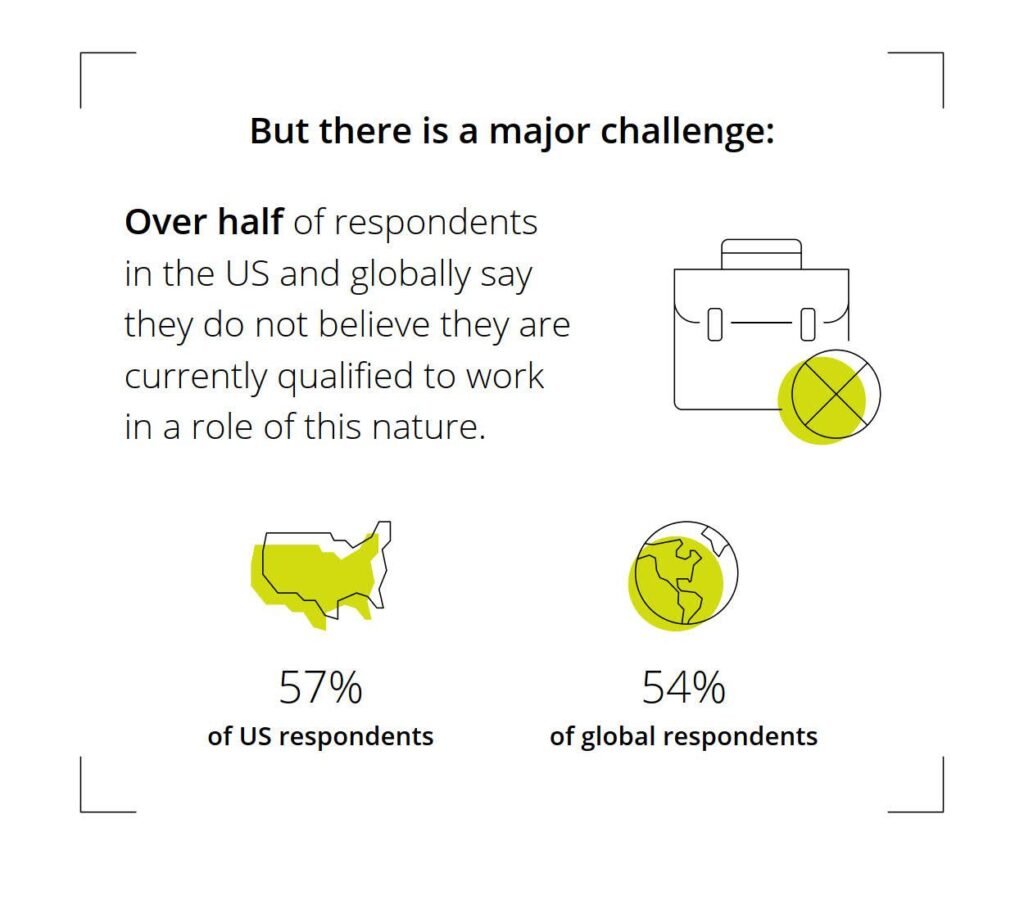Climate change is one of the most pressing issues of our generation. To transition from an extractive and degrading global economy to one that is reciprocal and sustainable, we must begin with education.
The dis-junction between gaining and attaining green job cohesion is shown in Pearson’s 2021 “Global Learner Survey: Climate Change,” which indicated that 59% of respondents in the United States believe they have little to no understanding of “green skills.”

While many of the 1,000 adults surveyed stated that their education included basic climate subjects such as “the weather,” there was a growing demand for more in-depth environmental and climate knowledge, particularly as many industries anticipate significant growth in green jobs over the next decade.
The green economy benefits human well-being and social equity by minimizing environmental hazards and resource use.

Countries that see their economy through a green lens are increasingly establishing new circumstances to facilitate this change towards green job creation. Transfer of innovation and corporate social responsibility are congruent with the general aims of the sustainability transition and may pave the way for green professions, which are a preferred career path for many members of Generation Alpha (individuals born between 2010 and 2025.)
To get there, businesses and governments must eliminate obstacles and highlight the socioeconomic advantages of green jobs via policies and activities aimed at educating, recruiting, retaining, and developing the talents of motivated and varied individuals.

Higher education has the potential to be a substantial growth engine for the green economy and, more particularly, for the creation of green employment. It is an excellent beginning point for transitioning to green occupations — but much more knowledge and training are required to get our society to net zero emissions.
To inject green employment and skills into a changing energy environment, systemic restructuring is required that promotes direct links to customer requirements, increased field competitiveness, compliance with legal restrictions, and rethinking how business is performed.
Reference- Research Gate Report, Pearson Report, Clean Technica, UNDP, Futurism






